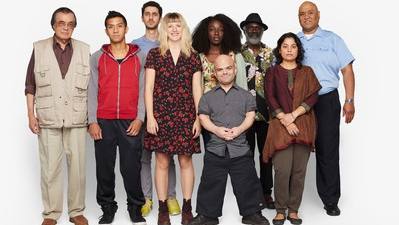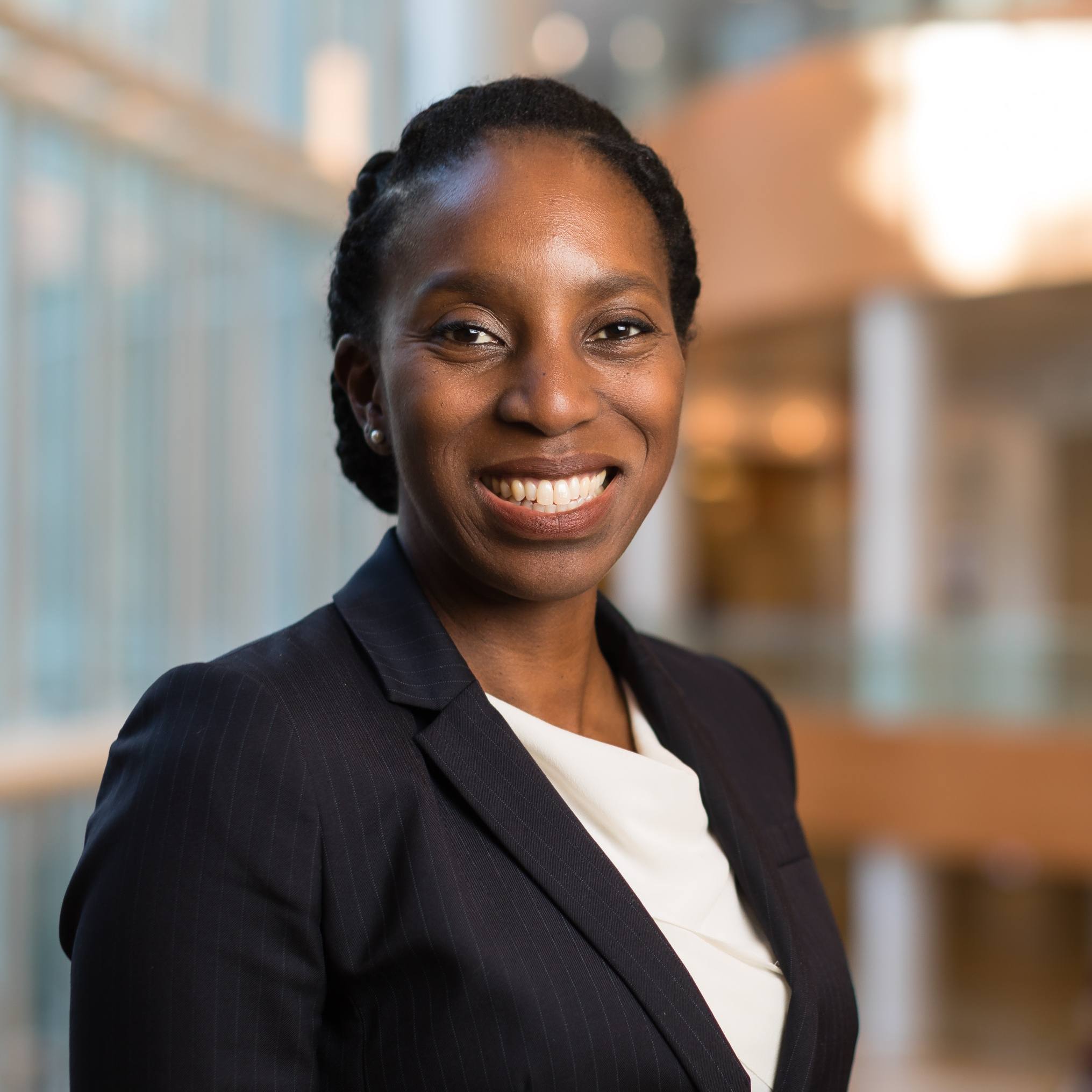-
NIH All of Us Research Program highlights progress Next steps in building largest, most diverse health research effort

For far too long, biomedical research has been based on a small subset of the United States population, leading to prevention and treatment methods that are often one-size-fits-all. To address this issue, the National Institutes of Health (NIH) All of Us Research Program is working to build a cohort of one million or more participant partners that reflects the diversity of the United States.
Program participants provide data and samples that will be broadly accessible to researchers for a wide range of studies. By taking into account individual differences, researchers will uncover paths toward delivering precision medicine — or individualized prevention, treatment and care — for all individuals.
This week marks one year from the program’s national launch. The All of Us Research Program hosted a symposium, “From Data to Discoveries: Creating a Research Program for All of Us.” Francis Collins, M.D., Ph.D., director, NIH, identified the building blocks of a meaningful research program, including an engaged and diverse participant community, and forecasted the program’s scientific possibilities.
1st year milestones: All of Us Research Program biobank at Mayo Clinic
Mayo Clinic is one of more than 100 organizations across the United States that is funded by the NIH All of Us Research Program. In 2016, Mayo Clinic was awarded $142 million in funding over five years by the NIH to serve as the program’s biobank.
Since launch of the program on May 6, 2018, several milestones have been reached.
“The All of Us Research Program biobank at Mayo Clinic has the capacity to store more than 35 million biospecimens,” says Stephen Thibodeau, Ph.D., co-principal investigator of the All of Us Research Program biobank funding award. “It is currently storing more than 3 million frozen vials from consented participants and has capacity to process samples from up to 1,500 participants per day.”
In addition to increasing lab space in Rochester and on the Mayo Clinic campus in Florida, the team ramped up equipment, built up its technical infrastructure, and has established a business continuity plan in the case of a catastrophic event.
“We expanded our laboratory operation to fully automate sample processing and sample storage,” says Mine Cicek, Ph.D., co-principal investigator and laboratory director, Mayo Clinic Biorepositories Program, Center for Individualized Medicine. “Our team continually monitors multiple indicators related to incoming specimen quality control events and provides feedback to enrollment sites.”
From hiring support staff to maintaining an education plan for program partners to providing 24/7 customer support the All of Us Research Program biobank at Mayo Clinic works to enable precision medicine research to improve the health of the nation.
Dr. Thibodeau is the David F. and Margaret T. Grohne Director, Mayo Clinic Biorepositories Program, Center for Individualized Medicine.
This work is supported under NIH funding award RFA-PM-16-004.
“All of Us” is a registered service mark of the U.S. Department of Health and Human Services.
More information
For more information, visit www.JoinAllofUs.org and www.allofus.nih.gov.







